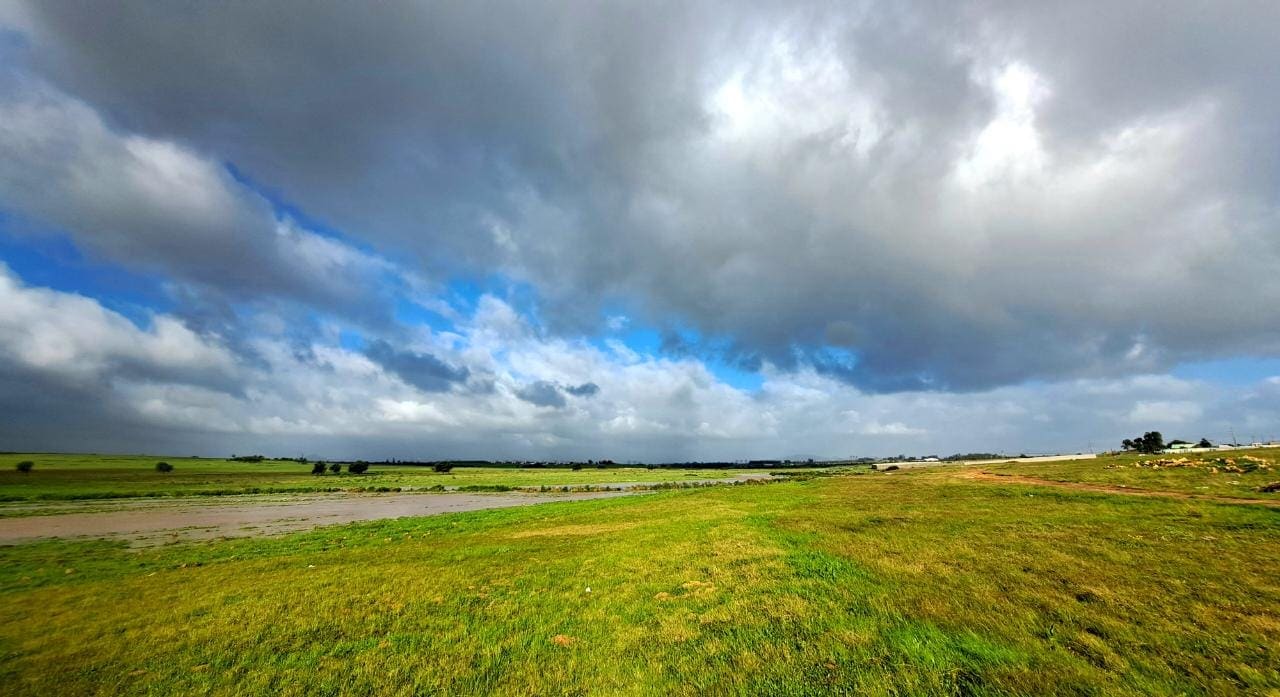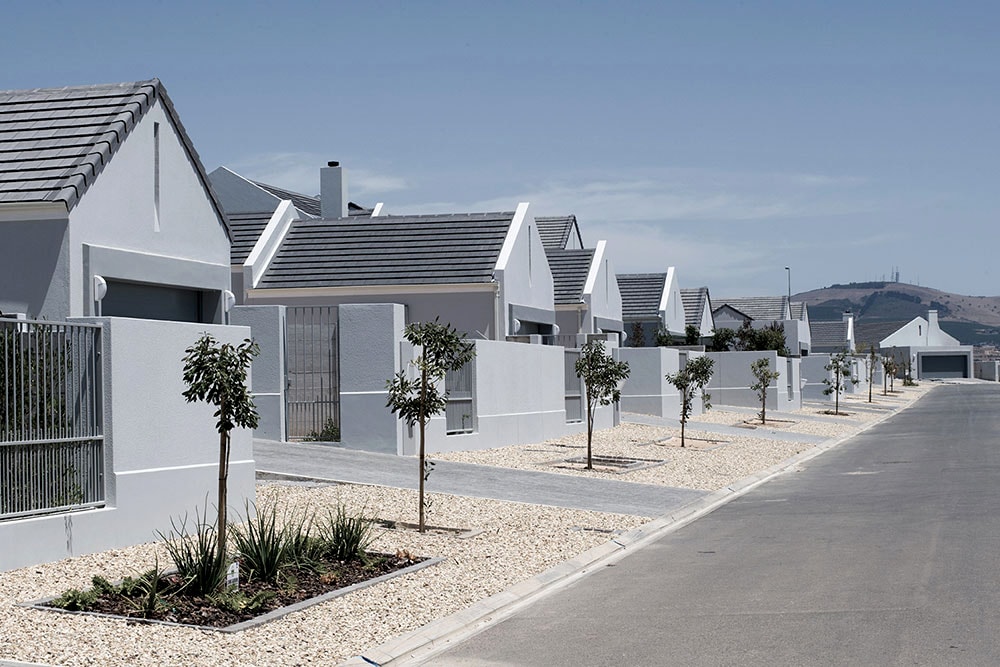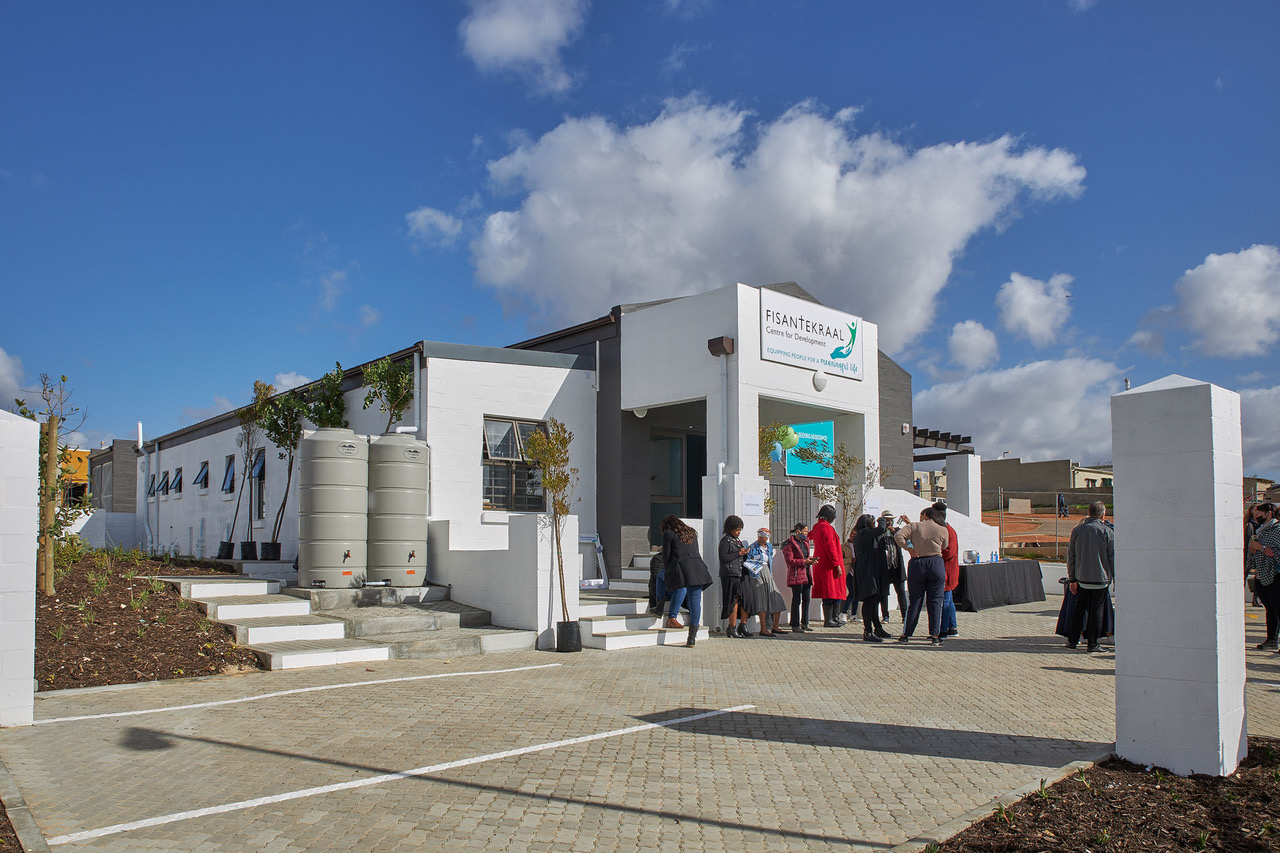Residential development Greenville Garden City, near Fisantekraal, is enrolled for Edge certification, a protocol which offers developers, financiers, investors and other key collaborators the opportunity to meet the Green Building expectations of progressive consumers who want to save money, while living in water and energy efficient spaces.
As an attraction to buyers, projects built to the Edge standard deliver carbon emission reductions, water savings and lower cost of living.
The Edge study at Greenville was an initiative by the Western Cape Department of Human Settlements, which chose Greenville because, unlike most BNG developments elsewhere, it already achieves the requirements of Edge through the use of elements such as the innovative Benex wall system, as well as a composite roof, and gas heating. These are all positive factors in the assessment of a project for Edge certification.
The preliminary assessment has been completed and is now being audited, as Garden Cities completes the 1 000 units that have been enrolled for assessment.
According to preliminary studies, all the currently-built Greenville houses would have met Edge criteria, however, to achieve certification the Provincial Government chose to enrol the 1 000 houses just starting in Phase 4 of the suburb, where over 2 000 families have already occupied their homes.
Compared with the average base BNG house being built elsewhere, the preliminary results showed that energy efficiency in Greenville houses, by comparison to a standard BNG house, stood at 24.1%. Operational CO2 saving of 0,47tonnes was shown – excluding offsite savings such as transport of lighter materials.
The embodied energy saving, compared with a typical BNG house in the Cape Peninsula, was 128 710 MJ/unit (efficiency of 56,%), and utility cost saving per household was R71,21 per month. Energy saving totalled 227 MWh a year, and water saving was 29 127m3 per year, per household – an efficiency rating of 32,2%
According to published Edge information, the certification involves two key stages, and it is recommended that a project goes through both the preliminary and post construction stages.
In order to comply in the preliminary stage, the project must reach the Edge standard of a minimum of 20% improvement in energy, water and embodied energy in materials, as measured against current standard building regulations.





